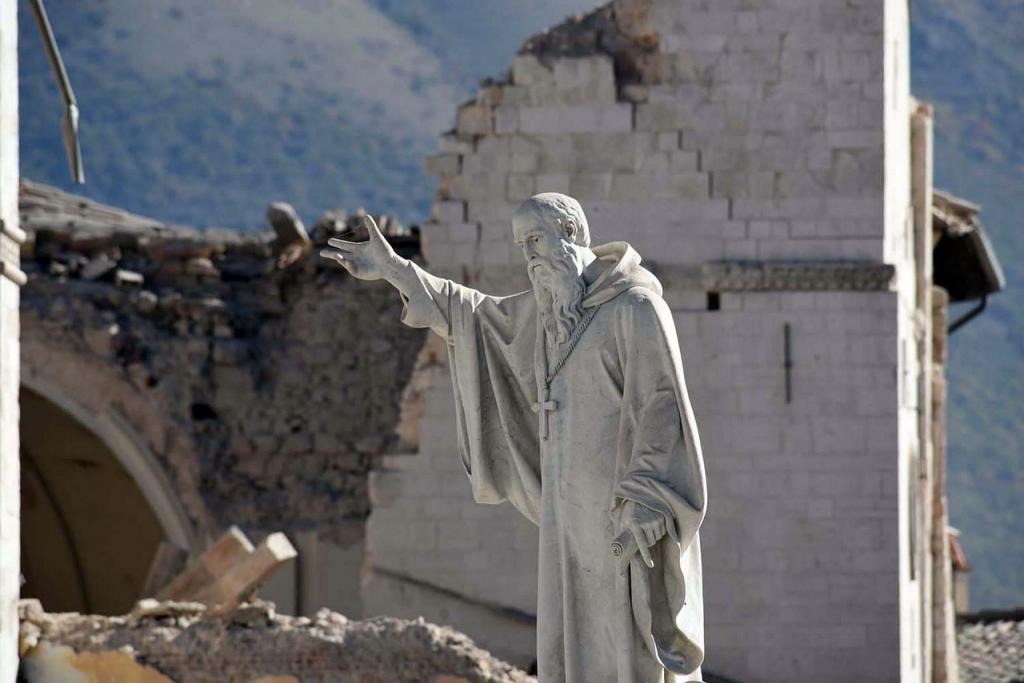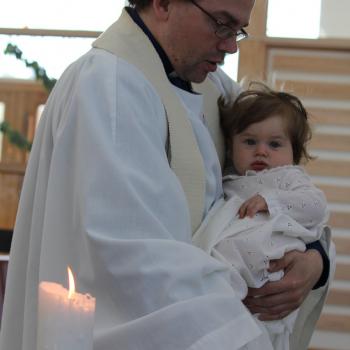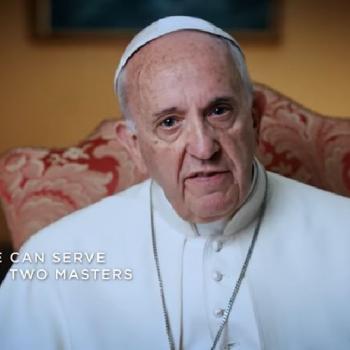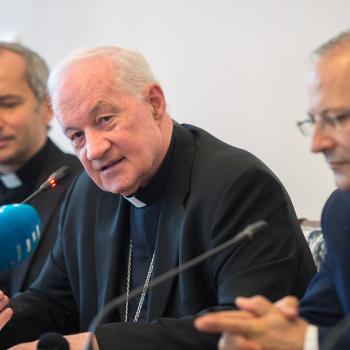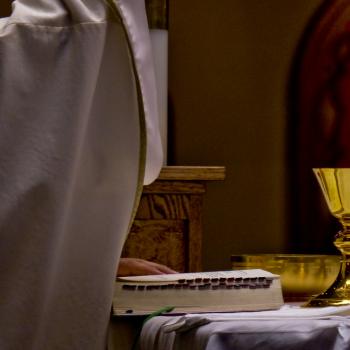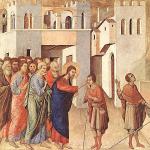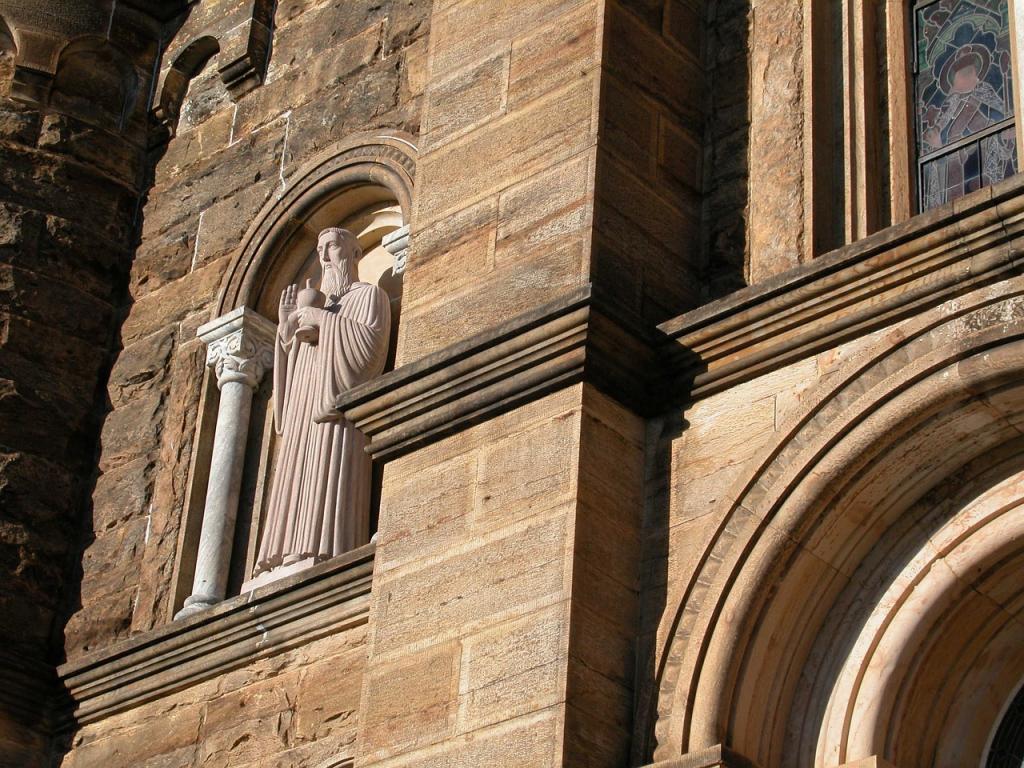
Further evidence that the highest circles of the Church disapprove strongly of the “Benedict option”, the “historically-conscious antimodernist return to roots” gaining traction amongst American and European Catholic conservatives intimidated by the complexities of ‘post-Christian’ society. The influential Jesuit journal La Civiltà Cattolica ran last week a strongly-worded article in which it alleged that the Benedict option “brings the risk of an exclusive focus on moral rigidity, doctrinal purity and the reestablishment of a parallel society rather than on the construction of unity and communion within the Church and with all people of goodwill”.
In a nutshell, the label “Benedict option” refers to American conservative Rod Dreher’s call for Christians to “withdraw” from the “toxins of modern secularism” and the “fragmentation caused by relativism” and to build “churches, schools, and other institutions within which the orthodox Christian faith can survive and prosper through the flood”. Last year the director of La Civiltà Cattolica, Antonio Spadaro, denounced the “option” as a “Masada complex”, and accused those who promulgate it of exploiting a “fear of chaos”, “exaggerating disorder” and putting forth “worrying scenarios that bear no relation to reality”.
Last week’s article in La Civiltà Cattolica, however, went further. The author of the same, Andreas Gonçalves Lind, therein accuses Benedict option proponents of suffering a persecution complex: of running the risk of thinking “that our ‘small’ group is the real Church and better than the others”. Of running “the risk of arrogance linked to an ecclesial sin against unity and communion”.
In short, Gonçalves Lind indicts Benedict option practioners on a charge of Donatism: a fourth-century heresy that promoted moral rigorism and taught the invalidity of sacraments administered by apostate priests. “By opposing integer to profanus as the main difference between belonging or not to the Church, Donatists tended to admit only irreproachable members”, observes Gonçalves Lind: a disciplinarian attitude against which this author places the “patience with respect to sinners and the value of preserving communion” promoted by Saint Augustine.
“Augustine notices the arrogance of those who want to separate good people from bad people, the “just” from the “unjust,” before the opportune time”, continues the Civiltà Cattolica article. “In this context, he asks for ‘humility’, ‘patience’ and ‘tolerance’. Humility appears as a fundamental Christian virtue, without which unity and communion are not possible within the Mystical Body of Christ”: qualities all under threat in Benedict option communities made up of “strong” Christians.
Not only does the Benedict option lack humility, patience and tolerance, however, but it also reflects, in Gonçalves Lind’s opinion, a worrying “hostility toward secular institutions”.
“Although Dreher does not want the isolation of Christian communities, his Benedict option requires ‘separation’ from secular political powers and institutions, up to the point of developing our lives as far as possible within Christian institutions in which Christian entrepreneurs hire workers predominantly from their own churches”, Gonçalves Lind observes: a problematic notion insofar as it would not only “close off” Christian communities but would also deny the “importance of true dialogue, springing from that human dignity in which all liberties are grounded”.
In sum: between this arrogant, perfectionist, escapist and heretical Benedict option Christianity and what Dreher has called, responding to Gonçalves Lind, the “assimilationist ideas of modern Jesuits”, I know what I prefer. And yes, I still call myself a Christian.
